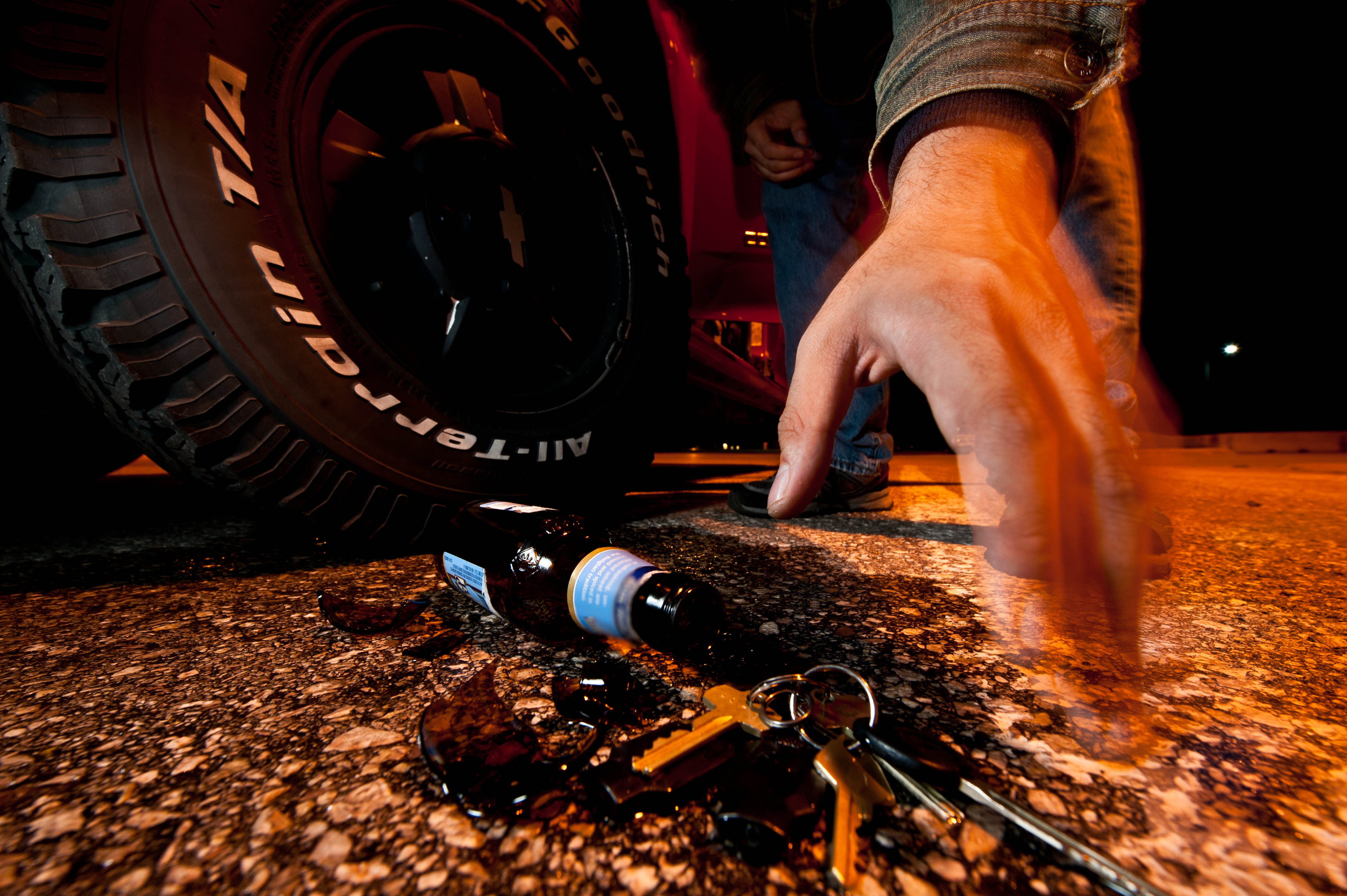How much can I drink and be safe to drive

As with every legal question, the answer is simple, and complicated, at the same time. There comes a time at any function where everyone needs to get home safely. Football games seem almost to be mandatory drinking sessions, as do after work get-togethers. Those TV commercials show happy, laughing, bright faces, having beer and wine at parties. They even tell you to “drink responsibly,” but they never tell you what that means.
The legislature has a simple answer: if your blood alcohol concentration (B.A.C.) reaches .08% or higher, you are presumed to have had too much drink to drive safely. If you get stopped, or God forbid, you have an accident, you can try to show you’re not really “impaired.” But since simply having that amount in a blood test or breath test is a crime all by itself, you may look, feel, and drive fine, but you still be breaking the law.
It’s a numbers game. Predicting your B.A.C. involves an equation using your body weight, how much you drink, and time. Assume you weigh 150 lbs. Every “drink” you have (a drink is 12 oz. of beer, 4 oz. of wine, and 1 oz. of hard liquor, all have 1oz. of ethanol) takes you about one hour to absorb, and gives you about .02%. And your body eliminates — “burns off” — alcohol at .02% per hour, no matter how much you weigh. So, to test at .08% you need to have four drinks in your system. You adjust that number up or down for body weight — the more you weigh, the more you have to drink to get that high; the less you weigh, the less you have to drink. Burn-off is .02% per hour, regardless of how much you weigh. So, if you drink just one drink per hour, you’ll essentially get no B.A.C., since you’re burning it off at the same rate you’re drinking it.
But, sometimes you may drink more, and faster. If you start drinking faster than your liver can burn it off, it “concentrates” in your blood, and you get a B(lood) A(lcohol) C(oncentation.) Years ago, the “legal limit” was .15%, and for many years it was .10%. By the way, this really does mean that 10% of the liquid in your bloodstream is ethanol. Since the 1980’s, it’s been .08%, since federal highway funds are only given to states that use that limit. The American Medical Association recommends .05%, based on their belief that scientific study supports that number.
So, how much can you drink before you drive? Driving is harder than it seems when you’re not really thinking about it. Experts call it a “divided attention task.” You have to pay attention to your speed, your position, the position of other cars, the street conditions, street signs and signals, and an endless list of other things.
You can use the basic calculations I’ve given you, knowing they’re not exact. Or, you can think about how you feel. As soon as you start to feel the effects, you should assume you’re becoming unsafe to drive. By then, you may be losing track of how many drinks you’ve had. Before that, you can do a quick calculation in your head: “How much do I weigh? How much have I had to drink? Have I eaten anything? (Food slows absorption of alcohol, while burn-off is always taking place, possibly giving you a lower B.A.C.) Those things will all go into your thinking.
But I’d recommend one more set of questions. How much money do I have? Legal fees, fines, and increased insurance costs for a first-time DUI can average about $10,000. How much do I value my safety? No matter how sober you may feel, if you’ve had more than one or two, you really can’t know if you’re safe. People who drink regularly develop “tolerance,” which means it takes more alcohol for them to feel the same feeling from drinking. How you “feel” may have nothing to do with being sober for driving. That impairment takes place at levels that you may never be aware of.
Finally, how would I feel if something went wrong and someone was hurt? I’ve been defending people in DUI cases for decades – with a lot of success, mind you – and I’ve never met one person who would have intended harm to anyone. To a person, they say they can’t imagine how they’d feel if they were intoxicated, even a little bit, and had an accident that hurt another person. Surely, an experience like that could not be worth the price of an Uber, a motel room, or whatever measures you may take to make sure you’re sober when you get behind the wheel. The legal consequences are temporary. These other ones, maybe not so much.
No matter what decision you make, we’re here to help you. We have years of experience defending people charged with DUI, and we can make sure that every angle is covered in your case, if you have one.



